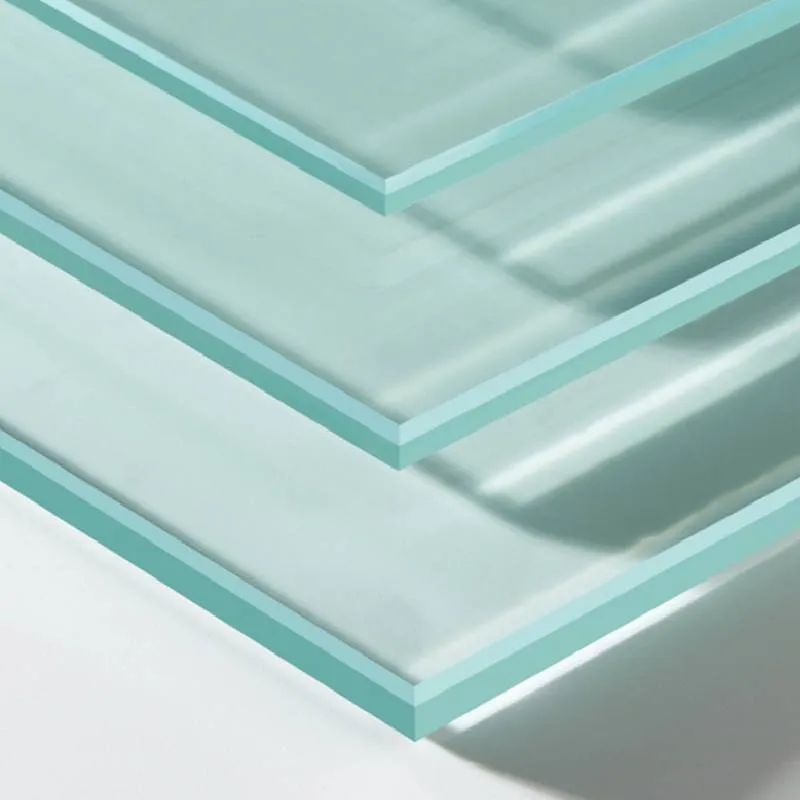The Aesthetic Allure of Water Pattern Glass
Water pattern glass, also known as rippled or textured glass, has emerged as a favored choice in contemporary architecture and design. This unique material mimics the mesmerizing movement of water, creating visual interest and a tactile experience that captivates the senses. Its ability to blend form with function has made it a versatile option for various applications in both residential and commercial settings.
The Origin of Water Pattern Glass
Water pattern glass traces its origins to traditional glass-making techniques that date back many centuries. Artisans crafted glass by manipulating the molten material during the cooling process, creating textures that resembled natural elements. The beauty of water pattern glass lies in its ability to refract and diffuse light, casting dynamic patterns and shadows that change throughout the day. This quality not only enhances the aesthetics of a space but can also impact the ambiance, transforming ordinary environments into captivating experiences.
Design Versatility
One of the most compelling aspects of water pattern glass is its versatility in design. Its applications range from shower enclosures and windows to decorative partitions and facades. In interior design, it serves both functional and decorative purposes. For instance, when used in bathrooms, water pattern glass provides privacy while allowing light to filter through, creating a serene atmosphere reminiscent of a tranquil spa. In commercial spaces, such as offices or restaurants, it can be used to delineate areas without sacrificing openness, promoting an inviting environment.
Enhanced Natural Light
water pattern glass
Another remarkable feature of water pattern glass is its ability to enhance natural light in a space. The undulating surface scatters sunlight, creating a warm, diffused glow that reduces harsh shadows and glare. This gentle illumination can make small spaces feel larger and more welcoming, promoting a sense of well-being. Designers often utilize this quality to brighten dimly lit areas, emphasizing the connection between natural light and mental wellness.
Sustainability and Eco-Friendliness
In recent years, the demand for sustainable building materials has surged, and water pattern glass fits well within this trend. Many manufacturers now prioritize eco-friendly practices by using recycled glass and sustainable production methods. This ensures that the beauty of water pattern glass does not come at the expense of the environment. Additionally, glass is fully recyclable, making it a responsible choice for modern construction.
Conclusion The Future of Water Pattern Glass
The future of water pattern glass in architecture and design looks promising. As more designers and architects seek to create spaces that harmonize with nature and promote holistic living, water pattern glass stands out as a material that embodies these values. Its ability to reflect the dynamic nature of water while providing privacy and light makes it an ideal choice for a variety of settings.
In conclusion, water pattern glass not only serves as a stunning design element but also enhances the functionality and sustainability of spaces. As we advance into a new era of design that prioritizes both beauty and ecological responsibility, water pattern glass will undoubtedly play a pivotal role in shaping our environments. Whether in a modern home, a chic café, or a bustling office, its allure will continue to transform spaces and elevate experiences, reminding us of the delicate interplay between light, water, and architecture.
 Afrikaans
Afrikaans  Albanian
Albanian  Amharic
Amharic  Arabic
Arabic  Armenian
Armenian  Azerbaijani
Azerbaijani  Basque
Basque  Belarusian
Belarusian  Bengali
Bengali  Bosnian
Bosnian  Bulgarian
Bulgarian  Catalan
Catalan  Cebuano
Cebuano  Corsican
Corsican  Croatian
Croatian  Czech
Czech  Danish
Danish  Dutch
Dutch  English
English  Esperanto
Esperanto  Estonian
Estonian  Finnish
Finnish  French
French  Frisian
Frisian  Galician
Galician  Georgian
Georgian  German
German  Greek
Greek  Gujarati
Gujarati  Haitian Creole
Haitian Creole  hausa
hausa  hawaiian
hawaiian  Hebrew
Hebrew  Hindi
Hindi  Miao
Miao  Hungarian
Hungarian  Icelandic
Icelandic  igbo
igbo  Indonesian
Indonesian  irish
irish  Italian
Italian  Japanese
Japanese  Javanese
Javanese  Kannada
Kannada  kazakh
kazakh  Khmer
Khmer  Rwandese
Rwandese  Korean
Korean  Kurdish
Kurdish  Kyrgyz
Kyrgyz  Lao
Lao  Latin
Latin  Latvian
Latvian  Lithuanian
Lithuanian  Luxembourgish
Luxembourgish  Macedonian
Macedonian  Malgashi
Malgashi  Malay
Malay  Malayalam
Malayalam  Maltese
Maltese  Maori
Maori  Marathi
Marathi  Mongolian
Mongolian  Myanmar
Myanmar  Nepali
Nepali  Norwegian
Norwegian  Norwegian
Norwegian  Occitan
Occitan  Pashto
Pashto  Persian
Persian  Polish
Polish  Portuguese
Portuguese  Punjabi
Punjabi  Romanian
Romanian  Russian
Russian  Samoan
Samoan  Scottish Gaelic
Scottish Gaelic  Serbian
Serbian  Sesotho
Sesotho  Shona
Shona  Sindhi
Sindhi  Sinhala
Sinhala  Slovak
Slovak  Slovenian
Slovenian  Somali
Somali  Spanish
Spanish  Sundanese
Sundanese  Swahili
Swahili  Swedish
Swedish  Tagalog
Tagalog  Tajik
Tajik  Tamil
Tamil  Tatar
Tatar  Telugu
Telugu  Thai
Thai  Turkish
Turkish  Turkmen
Turkmen  Ukrainian
Ukrainian  Urdu
Urdu  Uighur
Uighur  Uzbek
Uzbek  Vietnamese
Vietnamese  Welsh
Welsh  Bantu
Bantu  Yiddish
Yiddish  Yoruba
Yoruba  Zulu
Zulu 

